Manual diaphragm valve
working principle
Manual or pneumatic operation, specifically for sanitary and aseptic processes in the pharmaceutical industry. This valve is ideal for fluid control and on/off tasks. The diaphragm provides a body seal and a seat seal. There is no path to the outside environment, so the diaphragm valve is suitable for aseptic processes. When the valve is closed, the pressure pad supporting the diaphragm moves toward the sealing surface on the valve body. As the pressure plate moves, the diaphragm bends and is forced to the seat area in the center of the valve body, thus closing the fluid path to the valve body. The relationship between the valve body and the pressure plate prevents the compression of the diaphragm. The valve can be operated manually or pneumatically, or it can be controlled by a controller and solenoid valve.
Technical specifications
- Specifications: 1″-4″, DN25-DN100
- Pressure: 10bar (145 PSI)
- Material: ASTM 316L, 1.4404, 1.4435 NB2 Fe<0.5%
- Temperature: -20°C +150°C (EPDM)-4°F+302°F (+140°C (SIP, 30) 284°F)
- Connection: clamp, welding, thread, 3A BPE DIN SMS IDF ISO
- valve body structure: straight through, three-way, U-shaped three-way, tank bottom valve, multi-channel diaphragm valve
- Diaphragm material: EPDM + PTFE (double layer) / EPDM / Silicon / FPM (Vitong)
- Certification: 3A-18-03,PED 97/23 EC,,FDA177.2600


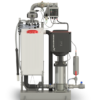
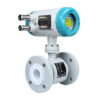
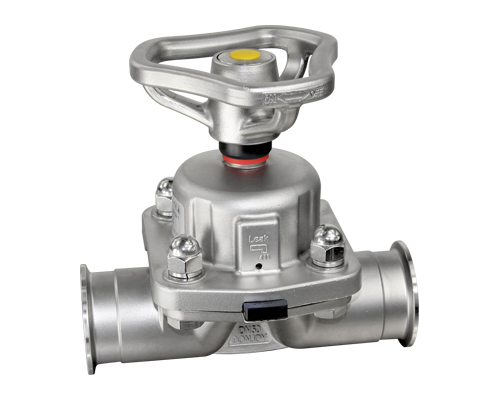
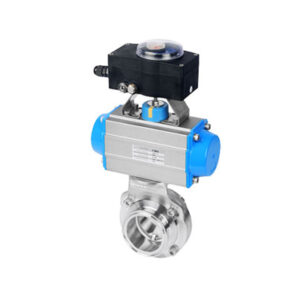
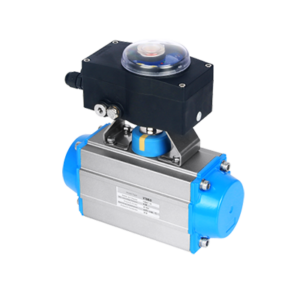


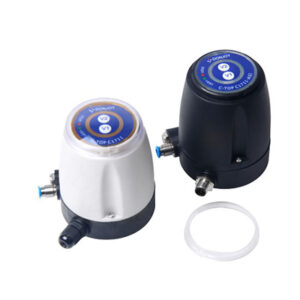
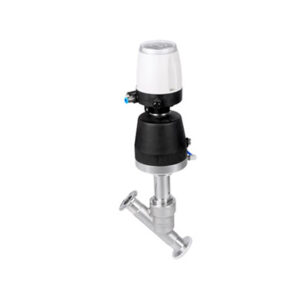
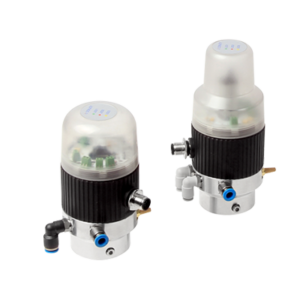
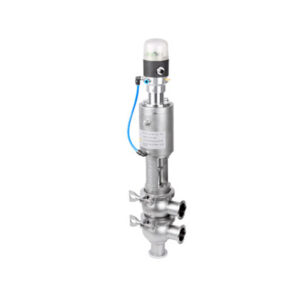
Reviews
There are no reviews yet.